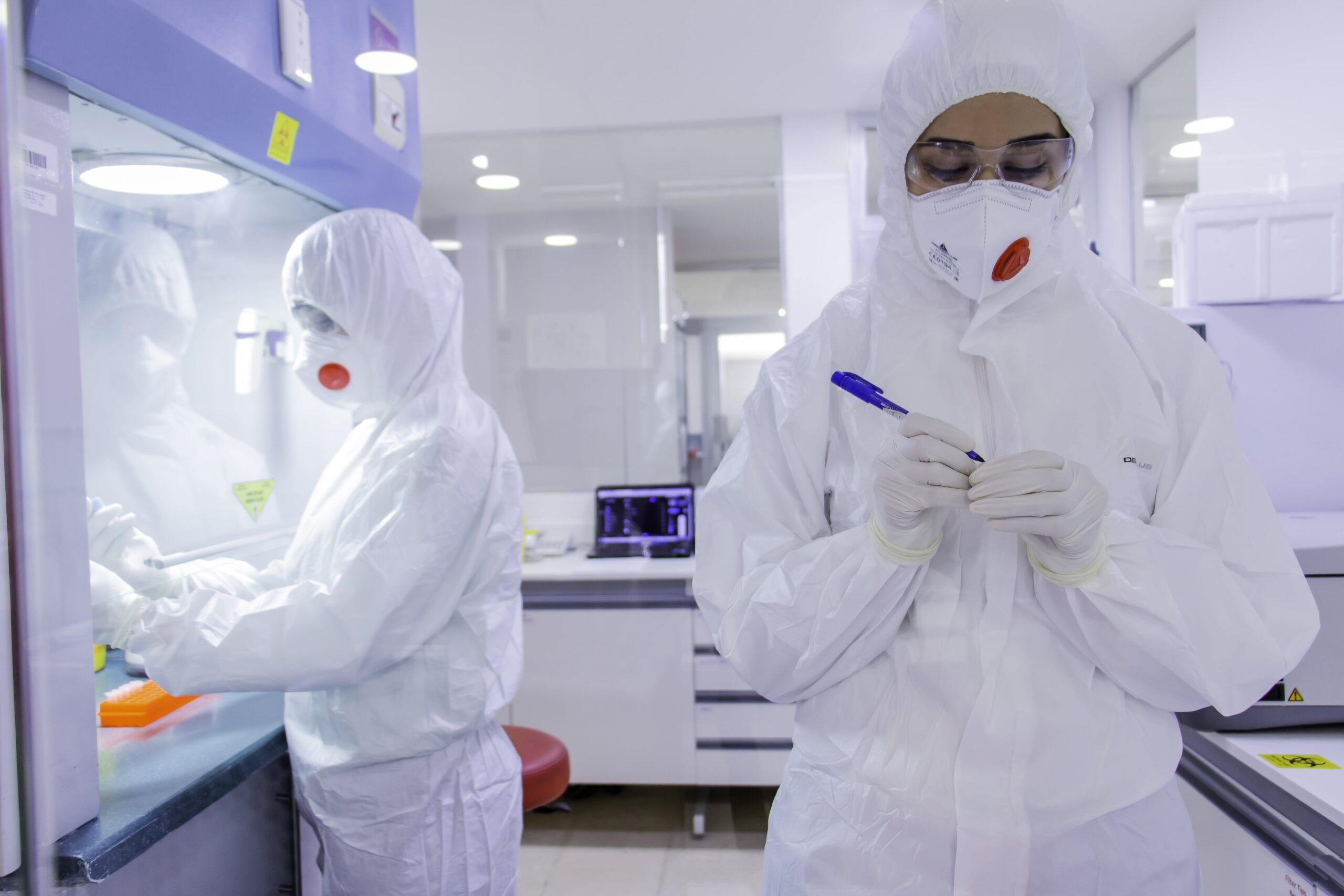
Lactate Dehydrogenase Deficiency Type A is a rare genetic disorder that affects how the body breaks down sugar to use as energy. This condition can lead to muscle pain, cramps, and fatigue, especially during intense physical activity. LDHA deficiency is caused by mutations in the LDHA gene, which provides instructions for making an enzyme crucial for energy production in muscle cells. People with this deficiency often experience exercise intolerance and may have elevated levels of lactate in their blood. Understanding this condition is vital for managing symptoms and improving quality of life. Here are 25 facts to help you grasp the essentials of Lactate Dehydrogenase Deficiency Type A.
Key Takeaways:
- Lactate Dehydrogenase Deficiency Type A affects energy production in the body, causing muscle fatigue and pain during exercise. Treatment focuses on managing symptoms and improving quality of life through therapy and dietary adjustments.
- Ongoing research aims to develop gene therapy and new medications for Lactate Dehydrogenase Deficiency Type A. Clinical trials and patient registries play a crucial role in advancing understanding and treatment of this rare disorder.
What is Lactate Dehydrogenase Deficiency Type A?
Lactate Dehydrogenase Deficiency Type A is a rare genetic disorder affecting the body's ability to break down glucose for energy. This condition can lead to various symptoms and complications. Here are some intriguing facts about this disorder.
-
Lactate Dehydrogenase (LDH) Enzyme: LDH is crucial for converting lactate to pyruvate in cells, a key step in energy production.
-
Genetic Mutation: The disorder results from mutations in the LDHA gene, which provides instructions for making the A subunit of the LDH enzyme.
-
Autosomal Recessive Inheritance: Both parents must carry the mutated gene for a child to be affected.
-
Muscle Fatigue: Individuals with this deficiency often experience muscle fatigue and pain, especially during intense physical activity.
-
Exercise Intolerance: People with this condition may have difficulty sustaining exercise due to rapid muscle fatigue.
Symptoms and Diagnosis
Understanding the symptoms and how this condition is diagnosed can help in managing it better.
-
Myoglobinuria: After strenuous exercise, affected individuals may have dark urine due to the presence of myoglobin, a muscle protein.
-
Muscle Cramps: Frequent muscle cramps are a common symptom, often triggered by physical exertion.
-
Elevated Creatine Kinase Levels: Blood tests may show elevated levels of creatine kinase, an enzyme released from damaged muscles.
-
Genetic Testing: Confirming the diagnosis typically involves genetic testing to identify mutations in the LDHA gene.
-
Biopsy: Muscle biopsy can reveal abnormalities in muscle tissue, supporting the diagnosis.
Treatment and Management
While there is no cure, various strategies can help manage symptoms and improve quality of life.
-
Avoiding Strenuous Exercise: Limiting intense physical activity can help prevent muscle damage and pain.
-
Physical Therapy: Tailored physical therapy programs can improve muscle strength and endurance.
-
Dietary Adjustments: Some individuals may benefit from dietary changes to optimize energy production.
-
Pain Management: Medications and other therapies can help manage muscle pain and cramps.
-
Regular Monitoring: Ongoing medical supervision is essential to monitor symptoms and adjust treatment plans.
Impact on Daily Life
Living with Lactate Dehydrogenase Deficiency Type A can present unique challenges.
-
School and Work: Children and adults may need accommodations at school or work to manage fatigue and muscle pain.
-
Social Activities: Participation in sports and other physical activities may be limited, affecting social interactions.
-
Mental Health: Coping with a chronic condition can impact mental health, making support and counseling important.
-
Family Planning: Genetic counseling can help affected individuals understand the risks of passing the condition to their children.
-
Support Groups: Connecting with others who have the same condition can provide emotional support and practical advice.
Research and Future Directions
Ongoing research aims to better understand and treat this rare disorder.
-
Gene Therapy: Researchers are exploring gene therapy as a potential treatment to correct the underlying genetic defect.
-
New Medications: Development of new drugs to improve muscle function and reduce symptoms is underway.
-
Clinical Trials: Participation in clinical trials can provide access to cutting-edge treatments and contribute to scientific knowledge.
-
Biomarkers: Identifying biomarkers can help in early diagnosis and monitoring the effectiveness of treatments.
-
Patient Registries: Collecting data from affected individuals worldwide can enhance understanding and lead to better treatments.
Final Thoughts on Lactate Dehydrogenase Deficiency Type A
Lactate Dehydrogenase Deficiency Type A, though rare, has significant impacts on those affected. Understanding the symptoms, such as muscle pain and exercise intolerance, helps in early diagnosis and better management. Genetic testing plays a crucial role in identifying this condition, allowing for tailored treatment plans. While there's no cure, lifestyle adjustments and medical interventions can improve quality of life. Awareness and education about this deficiency are essential for patients, families, and healthcare providers. By staying informed, we can support those living with this condition and contribute to ongoing research efforts. Remember, knowledge is power when it comes to managing health conditions. Stay curious, stay informed, and always advocate for your health.
Frequently Asked Questions
Was this page helpful?
Our commitment to delivering trustworthy and engaging content is at the heart of what we do. Each fact on our site is contributed by real users like you, bringing a wealth of diverse insights and information. To ensure the highest standards of accuracy and reliability, our dedicated editors meticulously review each submission. This process guarantees that the facts we share are not only fascinating but also credible. Trust in our commitment to quality and authenticity as you explore and learn with us.
